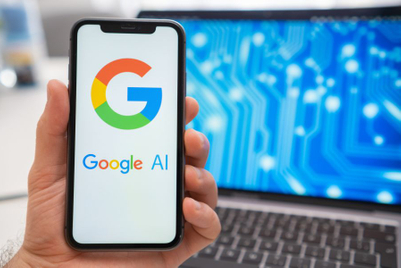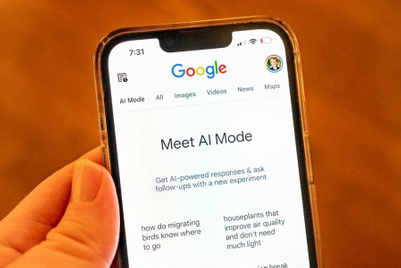
SINGAPORE - Apps from emerging markets including Philippines, Indonesia and Vietnam will constitute 50 percent of Google Play's global revenue by 2020, up from 35 percent this year, according to new data from App Annie.
Homegrown apps in Southeast Asia increased their share of revenue by 106 percent in the last two years, and nearly all markets in the region saw a doubling of total time spent in apps.
“Southeast Asia is a rapidly expanding hotbed of digital innovation,” said Purnima Kochikar, global director of business development for apps and games on Google Play, speaking at the Playtime SEA conference. “We are increasingly seeing leading game developers coming out of Southeast Asia and having impact not only within their local economies but regionally and globally too.”
Google also said Google Play downloads grew 700 percent more in the region versus the App Store in the last year. Indonesia, Thailand and Vietnam all rank inside the top 10 growth markets globally.
The research also showed varying levels of maturity within markets. Singapore and to a lesser extent Malaysia are highly developed and are in the midst of a shift from a download growth phase to strong app usage and revenue growth. Thailand is catching up, growing 50 percent across both Google Play and iOS in the past two years. Indonesia and Vietnam are still experiencing hyper-growth in app downloads.
Southeast Asia is a telling region, said Jaede Tan, regional director for App Annie because of the high number of first-time smartphone users. "Developers in Southeast Asia are presented with a unique opportunity," he said. "As people are purchasing a smartphone for the first time, developers can shape and nurture new consumer behaviours."
The region is also seeing tremendous growth of ridesharing apps. The transportation category grew 16.5 times between 2014 and 2016, whereas retail grew 5.3 times.
"App habits develop gradually as users interact with a subset of go-to apps and app usage expands," Tan added. "This increased engagement leads to monetisation."
Kochikar urged developers to think of concepts that are simple and universal. "All technology at Google is built iteratively, and we believe in equal access and opportunity."





+(5).jpg&h=268&w=401&q=100&v=20250320&c=1)
.jpg&h=268&w=401&q=100&v=20250320&c=1)

.jpg&h=268&w=401&q=100&v=20250320&c=1)
.jpg&h=268&w=401&q=100&v=20250320&c=1)